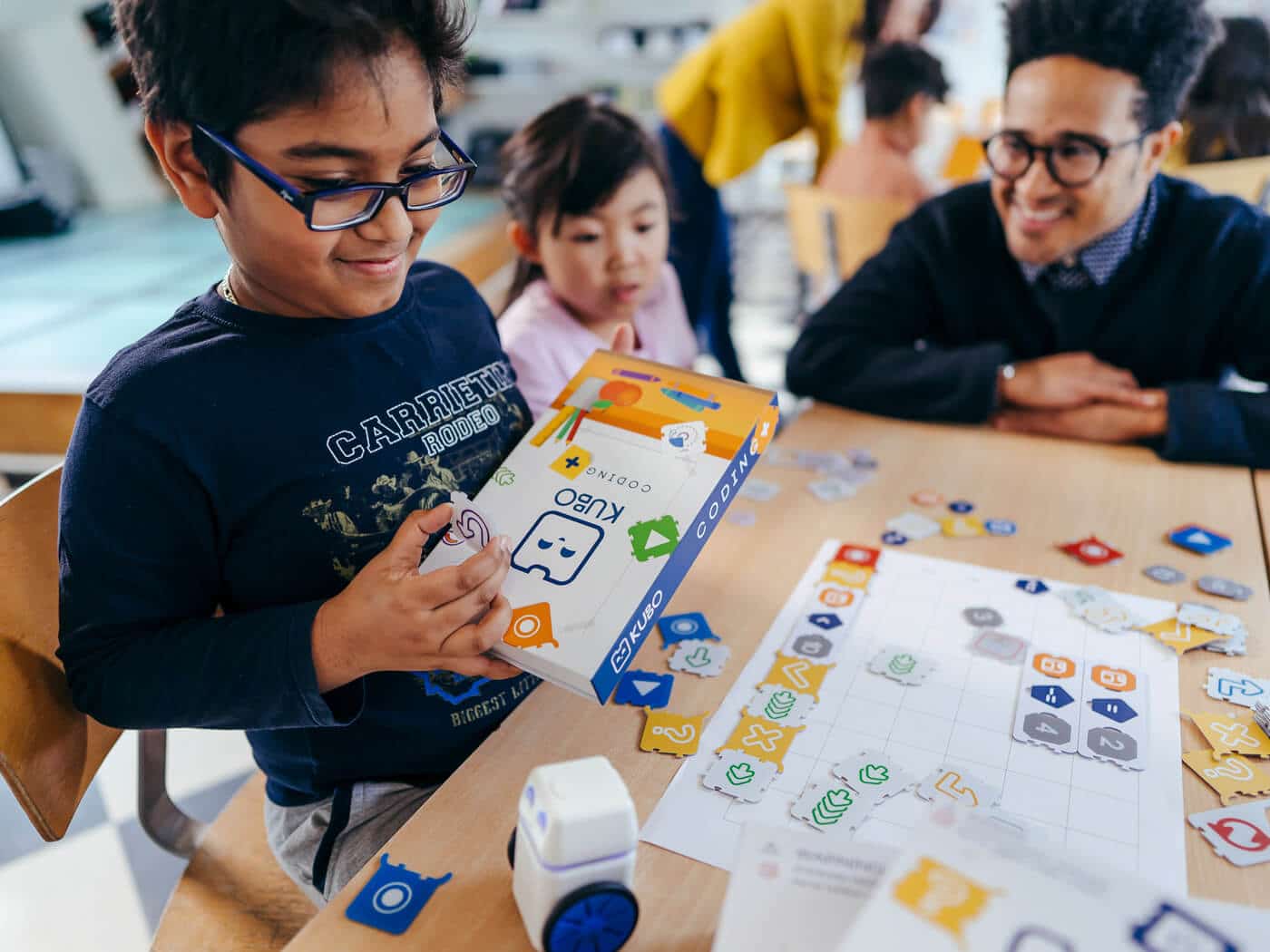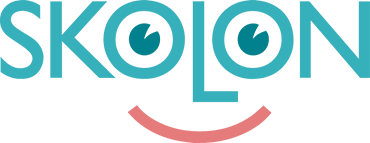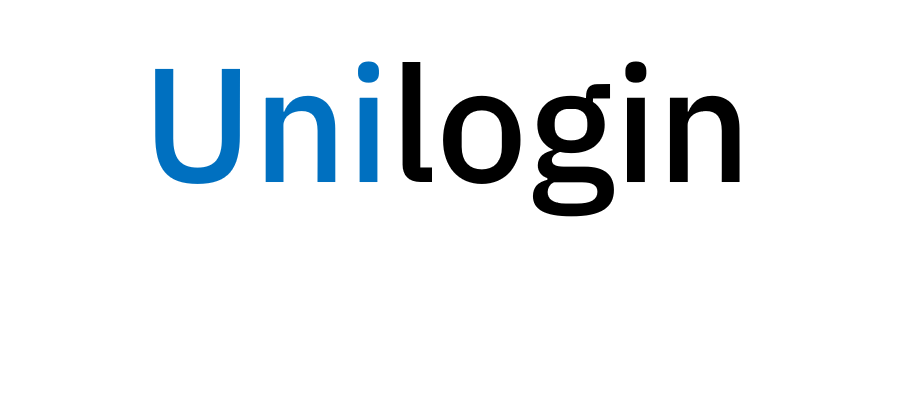Teaching kids coding can be a controversial topic and it often raises many questions for both educators and parents. We tried to gather and answer some of the most common questions when introducing coding and STEM to young learners.
What is coding?
Simply put, coding is instructing a machine to do something through step-by-step commands. Coding is not just syntax, coding is a process. A messy process that requires creativity and perseverance in order to reach a desired outcome.
Why should kids learn to code?
In its core, teaching kids to code is about teaching kids how to solve problems. From finding different ways to tackle an assignment to coming up with the best possible solution and writing it in code.
Kids learn 21st century skills during coding classes. They develop their communication and collaboration skills through teamwork. They work on their critical thinking by adopting logical & computational thinking. Coding fosters the kids’ creativity through bringing up challenges and creating a safe space for exploration, failure and success.
What’s more, coding sparks the kids’ imagination, teaching them that the world is full of exciting things that are yet to be discovered.
What coding language should kids learn?
Programming languages come and go. What’s popular now, probably won’t be in 20 years, when the next generation will enter the workforce.
So what’s important is to teach your kids the foundations of coding and programming, such as loops & functions and variables & conditions. Once kids build a solid foundation for their coding knowledge and skills, they will be able to use those and learn the syntax of any programming language and convert any algorithm into code.
Is teaching coding to kids a good idea?
Absolutely! Teaching coding and programming doesn’t necessarily mean that every kid will pursue a career in IT.
There are many benefits to learning how to code beyond the computer, e.g. sparking the kids’ curiosity & imagination, encouraging explorations and developing problem-solving skills.
Why should kids learn to code with KUBO?
KUBO is a hands-on robot that helps students learn & work together. To code in a screen-free and collaborative environment gives kids the opportunity to express their creativity & improve their social and teamwork skills.
In addition, our digital coding platform KUBO Play strengthens the children’s individual coding skills. KUBO Play focuses on self-paced learning, allowing the students to work through coding concepts at their own speed, while keeping up with the class’ milestones and goals.
Combining physical and virtual STEM coding robots is a guaranteed way to increase the students’ learning outcomes.
How to explain coding to a child?
For early learners coding is a creative activity. Therefore, the best way to teach a kid to code is by doing. Kids don’t need to understand coding in detail to start solving problems with code. Screen-free robots, such as KUBO and the TagTile® coding language, are the perfect starting point when introducing children to coding.
At what age can a child learn coding?
Kids, as young as four, can kick off their coding journey. By simplifying complex concepts, KUBO teaches children to code before they can even read and write. By snapping TagTiles® together like a puzzle, kids start to learn about coding in an unplugged environment.
What do students need to know before taking a coding class?
Basically nothing. No specific skills or knowledge is required from kids to get started with coding. We would recommend beginning a kid’s coding journey with hands-on solutions, such as the KUBO Robot and TagTile® coding language, to help them understand the fundamentals of coding in a simple and tangible way.
How can I teach a coding class when I don’t know how to code?
At KUBO, we guarantee that any educator will succeed in teaching coding in a fun and engaging way if they choose to use our standards-aligned curriculum. Our lesson plans provide you with activities and step-by-step instructions for each of your classes. In addition, we offer over 40 cross-curricular activities that’ll keep your students interested and excited about coding and other STEM subjects.
Now is the time to check out our free portal full of professional development resources and embrace a new challenge. Our team is here for you every step of the way!
Is coding relevant to non-STEM subjects?
Yes! In its core learning coding is about boosting creativity, improving collaboration and problem-solving skills. Students can be challenged with a coding project in any subject. In KUBO, we have developed over 40 cross-curricular activities where kids can practice their coding skills in a different setting. Creating relevance between coding and different subjects is an important step towards building transferable skills and out-of-the box thinking.






